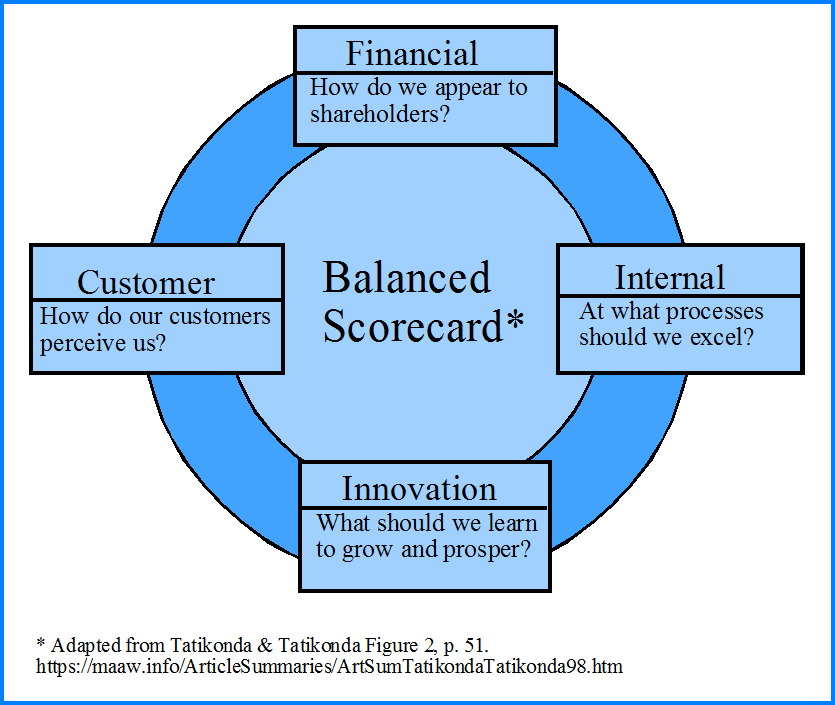Risk and Strategic Management
by Phalita Wongsuphalak
https://drive.google.com/drive/folders/13KNPGdDqaZi9bTM75BvMZI7KrEZZ-jT7?usp=sharing
1. Risk Management
Risk Management in Education involves the identification, assessment, and prioritization of risks, followed by the coordinated application of resources to minimize, monitor, and control the impact or likelihood of unfortunate events or to maximize the realization of opportunities.
Key Concepts:
a) Risk Assessment: The process of identifying potential threats and vulnerabilities in the educational system.
b) Risk Mitigation: Strategies and measures implemented to reduce the impact or likelihood of the risk.
c) Risk Transfer: Shifting the responsibility or consequence of a risk, often through insurance.
d) Risk Communication: Sharing information about risks with stakeholders and involving them in decision-making processes.
Conclusions:
Risk Management is crucial for educational institutions to anticipate and prepare for potential challenges, whether they're financial, health-related, infrastructural, or reputational. By identifying and addressing risks proactively, institutions can safeguard their reputation, resources, and most importantly, their students.
2. Strategic Management
Strategic Management in Education is the ongoing planning, analysis, and assessment of all that is necessary for an educational institution to meet its goals and objectives.
Key Concepts:
a) Vision and Mission: The long-term outlook and the primary purpose of the educational institution.
b) SWOT Analysis: A structured planning method used to evaluate the Strengths, Weaknesses, Opportunities, and Threats facing an institution.
c) Goal Setting: The establishment of long-term and short-term objectives.
d) Strategy Implementation: The methods by which strategies are executed, often involving changes in structure, culture, and resources.
Conclusions:
Strategic Management is vital for educational institutions in charting their path forward. It ensures alignment between the institution's mission and its operations, positioning the institution to adapt in a changing educational landscape. A robust strategic management process can elevate an institution's performance, enhancing its impact on students and the broader community.




No comments:
Post a Comment